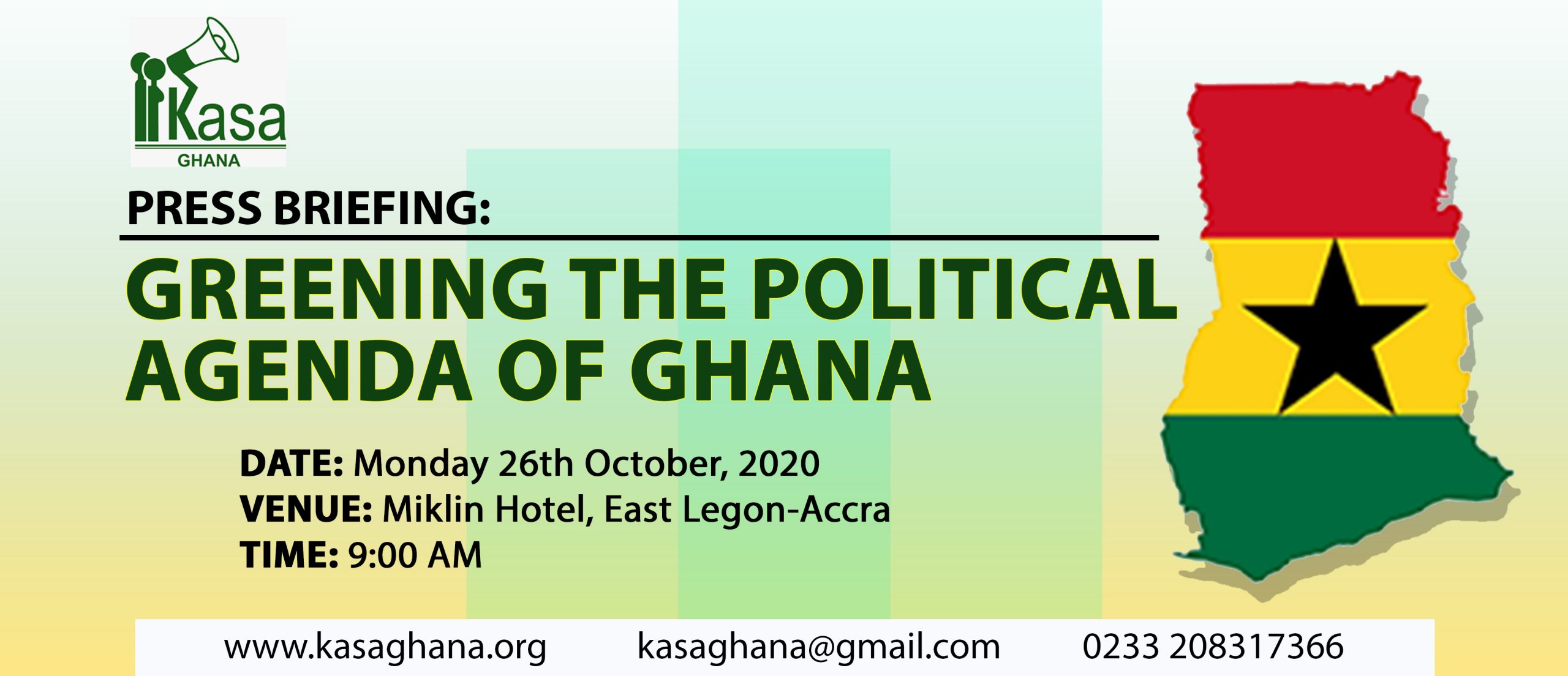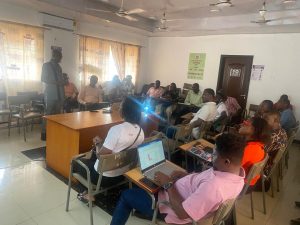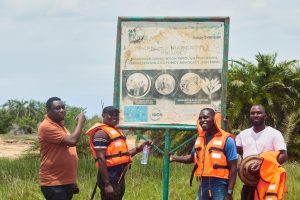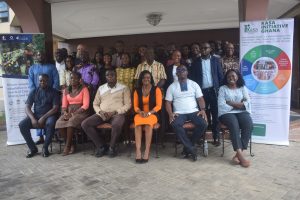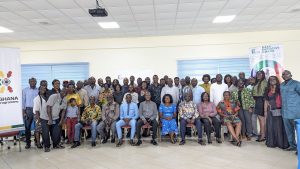KASA Ghana together with A Rocha Ghana engaged the media and CSOs to look at the need for political parties to incorporate Solution based approach on the need to critical look at, and bridge the gap on Environmental issues and the need to address these issues as a country. It is crucial for political parties to clearly speak on some of these issues in their manifestos and clearly link it to their activities to be undertaken.
In view of that, the media houses were briefed on some of the things the CSOs expect the political parties in the country to do to maintain the environment while going with their activities.
THE THEMATIC AREAS COVERED.
- Environment and Climate Change.
- Oil and Gas
- Fisheries
- Forest and Biodiversity.
- Water and Sanitation
- Agriculture and Agro – Ecology
- Environmental law and Intergenerational Security
The workshop was organized to contribute to sustainable development at national policy, subnational planning and site-based activity levels; and designed to use target media houses as a medium to promote and disseminate some of these concerns to the political parties.
Outcome
The project will have two key overall outcomes:
- Immediate Intended Outcome: That activities the government undertakes, that destroys the environment will be addressed as national agenda is being fulfilled, so that we will not, at the end have to critically focus on how to replenish the nature. Clear establishment of the activities in our policies as the country will enhance our activities as a nation.
- Wider Learning Outcome: An important further outcome is improved technical knowledge among indigenes on the impact of our activities on the Environment and what should be done to abrogate these menace.

